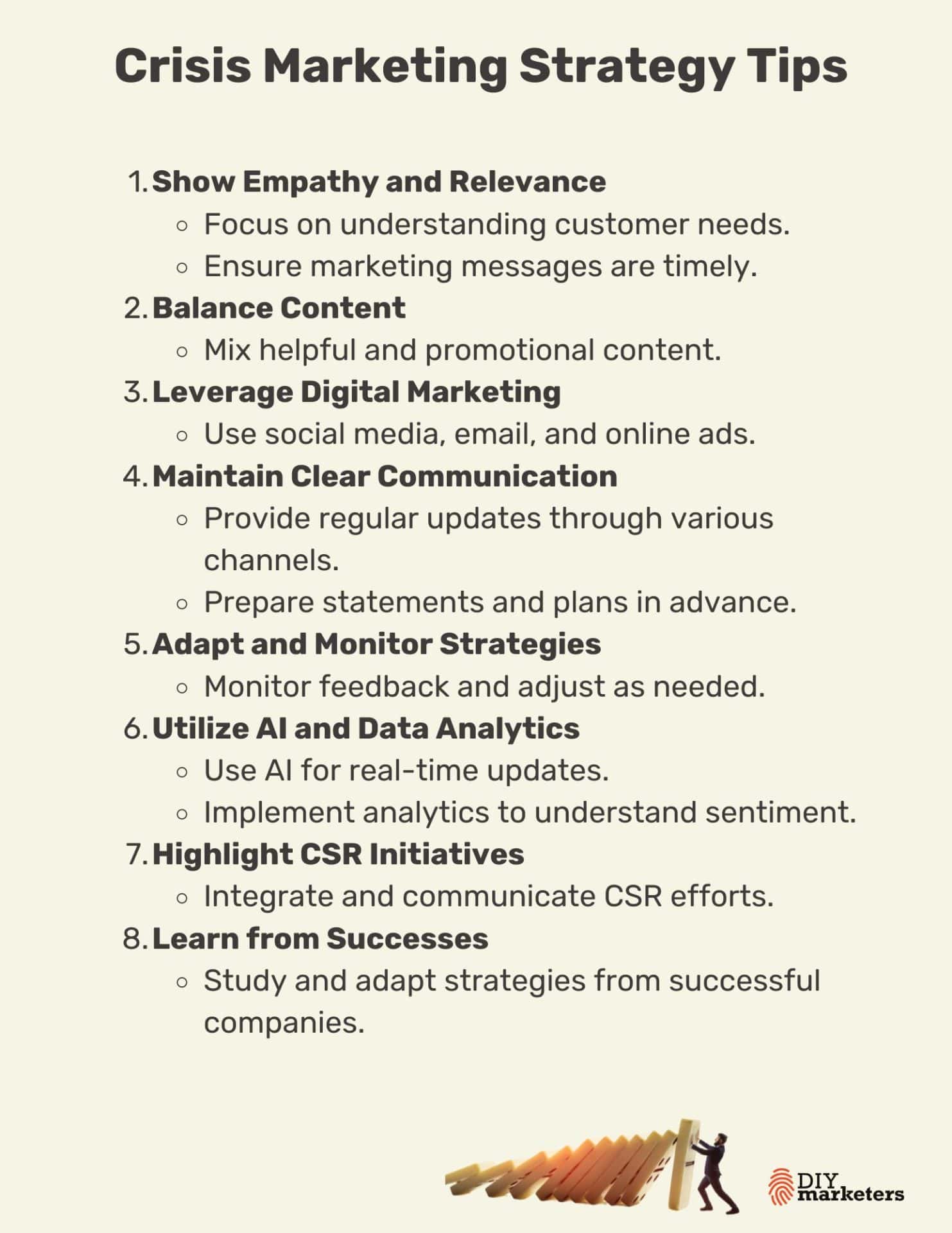Keeping Cool: Navigating a Crisis
In the fast-paced world of marketing, crises can often arise unexpectedly. Whether it’s a social media backlash, a product recall, or a public relations nightmare, how marketers handle these crises can make or break their brand’s reputation. In times of crisis, effective communication strategies are essential to navigate the storm and come out on top.
One of the most important aspects of keeping cool during a crisis is to stay calm and collected. It can be easy to panic and feel overwhelmed when faced with a crisis, but it’s crucial to maintain a sense of composure. By staying level-headed, marketers can approach the situation with a clear mind and make rational decisions that will benefit their brand in the long run.
Another key strategy for navigating a crisis is to be transparent and honest with your audience. In today’s digital age, consumers value authenticity and transparency more than ever before. By being open and honest about the situation at hand, marketers can build trust with their audience and show that they are taking responsibility for their actions.
In addition to transparency, effective communication is essential during a crisis. Marketers should be proactive in communicating with their audience, keeping them informed every step of the way. Whether it’s through social media updates, press releases, or email newsletters, keeping the lines of communication open is crucial to maintaining a positive relationship with your audience.

Image Source: diymarketers.com
Furthermore, it’s important for marketers to have a crisis communication plan in place before a crisis occurs. This plan should outline the steps to take in the event of a crisis, including who will be responsible for communicating with the media and the public, as well as the key messages to convey. By having a plan in place, marketers can act quickly and decisively when a crisis arises, minimizing the damage to their brand.
In times of crisis, it’s also important for marketers to show empathy and compassion towards their audience. By acknowledging the impact that the crisis has had on their customers, marketers can show that they care about their audience’s well-being and are committed to making things right. This human touch can go a long way in building loyalty and trust with consumers.
Lastly, it’s crucial for marketers to learn from their mistakes and use crises as an opportunity for growth. By conducting a post-mortem analysis of the crisis and identifying areas for improvement, marketers can better prepare for future crises and prevent similar situations from occurring again. By taking a proactive approach to crisis management, marketers can turn a potentially damaging situation into a valuable learning experience.
In conclusion, navigating a crisis requires effective communication strategies, a level head, transparency, and empathy. By following these key principles, marketers can weather the storm and emerge stronger than ever before. Remember, a crisis doesn’t have to define your brand – it’s how you handle it that matters most.
Navigating a Crisis: Effective Communication Strategies for Marketers
In times of crisis, effective communication is key for marketers to navigate turbulent waters and come out stronger on the other side. Mastering communication in turbulent times requires a strategic approach that focuses on transparency, empathy, and adaptability.
Transparency is essential in crisis communication. Marketers must be open and honest with their audience about the challenges they are facing and the steps they are taking to address them. This builds trust and credibility with customers, showing them that the brand is taking their concerns seriously and working to find solutions.
Empathy is another crucial element of effective communication in turbulent times. Marketers must show compassion and understanding for their audience’s fears and anxieties, acknowledging the difficult situation that everyone is facing. By demonstrating empathy, marketers can connect with their audience on a deeper level, building stronger relationships and fostering loyalty.
Adaptability is also key in crisis communication. Marketers must be flexible and willing to adjust their strategies and tactics in response to changing circumstances. This may mean shifting focus, changing messaging, or exploring new channels to reach their audience. By staying nimble and adaptable, marketers can better navigate the uncertainties of a crisis and continue to engage with their customers effectively.
One example of effective communication in turbulent times comes from the fashion industry. During the COVID-19 pandemic, many fashion brands were forced to close their physical stores and cancel events, leading to a drastic decrease in sales. In response, these brands shifted their focus to online channels, ramping up their digital marketing efforts and engaging with customers through social media and email campaigns. By adapting to the new reality of a predominantly online marketplace, these brands were able to maintain connections with their audience and drive sales despite the challenges posed by the crisis.
In conclusion, mastering communication in turbulent times is essential for marketers looking to navigate a crisis successfully. By focusing on transparency, empathy, and adaptability, marketers can build trust with their audience, connect on a deeper level, and adjust their strategies to meet the challenges of a crisis head-on. By implementing these effective communication strategies, marketers can not only survive a crisis but emerge stronger and more resilient than before.
Strategies for Effective Crisis Communication in Marketing